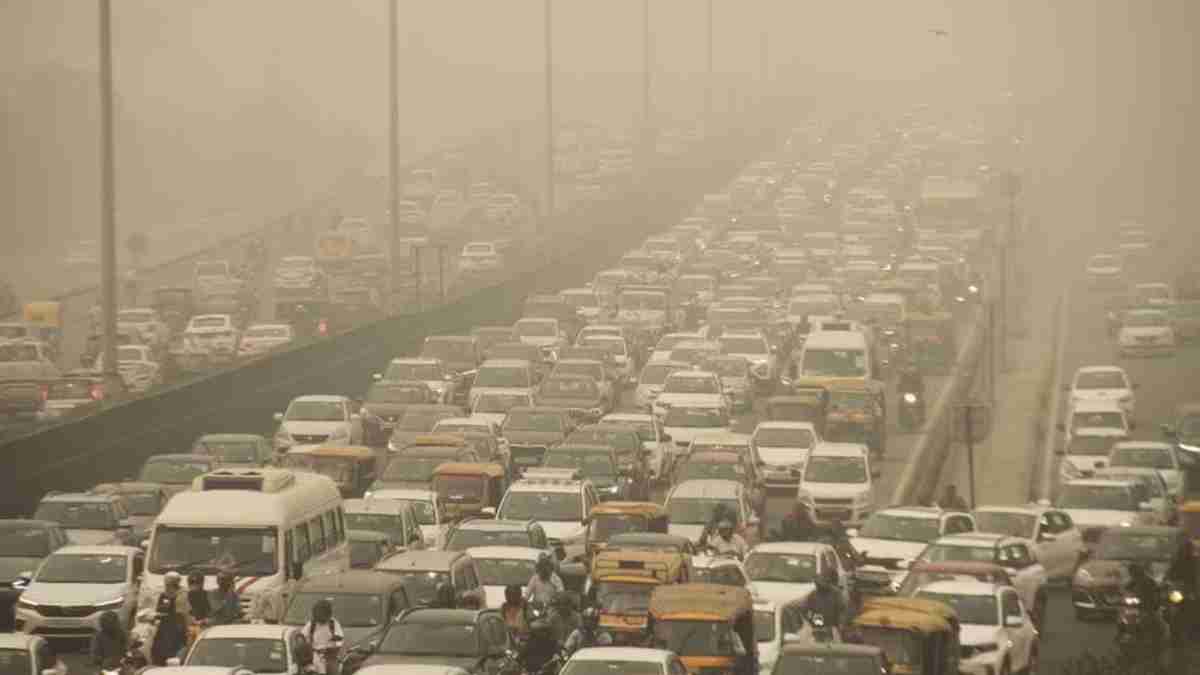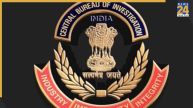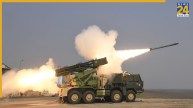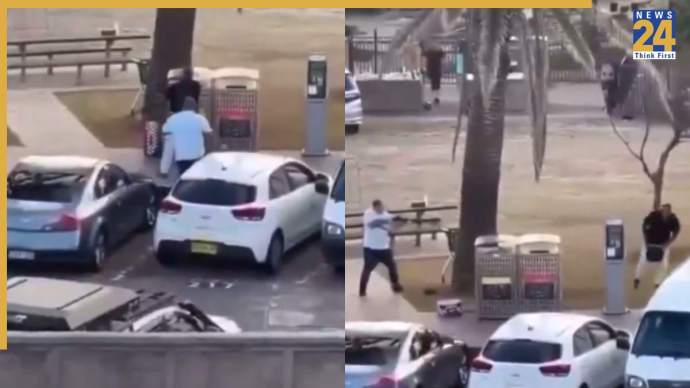Restrictions under the second stage of the Graded Response Action Plan (GRAP) came into effect in Delhi on October 21, as several areas in the National Capital Region (NCR) reported an Air Quality Index (AQI) exceeding 300, indicating a ‘very poor’ air quality category. The Stage-II GRAP will officially be enforced starting at 8 AM on October 22.
Understanding the AQI Levels
The AQI is categorized as follows:
- 0-50: Good
- 51-100: Satisfactory
- 101-200: Moderate
- 201-300: Poor
- 301-400: Very Poor
- 401-500: Severe
Forecast of Poor Air Quality Ahead
An order from the Commission for Air Quality Management (CAQM) noted that the sub-committee met on October 21, 2024, to review the air quality situation and forecasts provided by the Indian Meteorological Department (IMD) and Indian Institute of Tropical Meteorology (IITM). The forecast suggests that Delhi’s AQI is expected to stay in the ‘Very Poor’ category due to unfavorable weather conditions, including stagnant winds. As a result, the sub-committee has mandated the implementation of all actions under Stage-II of GRAP to prevent further degradation of air quality.
Key Restrictions Under Stage-II GRAP
The following measures will be enforced to improve air quality:
- Daily Road Maintenance: Implement mechanical/vacuum sweeping and water sprinkling on identified roads.
- Dust Control: Ensure regular water sprinkling and use of dust suppressants, particularly in high-traffic areas and hotspots.
- Inspection Intensification: Increase inspections to enforce dust control measures at construction and demolition sites.
- Targeted Pollution Abatement: Focus on reducing pollution in identified hotspots and implement remedial measures for the main pollution sources.
- Power Supply Assurance: Guarantee uninterrupted power supply to reduce reliance on diesel generators.
- Regulated DG Set Operations: Enforce a schedule for the operation of diesel generators across all sectors.
- Traffic Management: Synchronize traffic flows and deploy personnel at congested intersections to ease traffic.
- Public Awareness Campaigns: Use newspapers, TV, and radio to inform citizens about air quality levels and pollution reduction strategies.
- Increased Parking Fees: Raise parking fees to discourage the use of private vehicles.
- Enhanced Public Transport: Increase CNG/electric bus and metro services by adding more vehicles and increasing frequency.
- Support for Security Staff: Provide electric heaters for security personnel to minimize the use of biomass burning during winter.
Also Read: Man Who Threatened Salman Khan Issues Apology, Calls It A Mistake
Recommendations for Citizens
Residents are encouraged to adopt the following practices to help improve air quality:
- Use Public Transport: Opt for public transportation instead of personal vehicles.
- Plan Routes Wisely: Utilize technology to find less congested routes, even if they are longer.
- Maintain Vehicles: Regularly replace air filters in vehicles as recommended.
- Limit Construction Dust: Avoid dust-generating construction activities from October to January.
- Prevent Open Burning: Refrain from open burning of waste and biomass.
Also Read: Supertech Cape Town: Young Man Saved From Suicide Attempt By Timely Intervention













